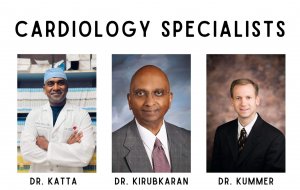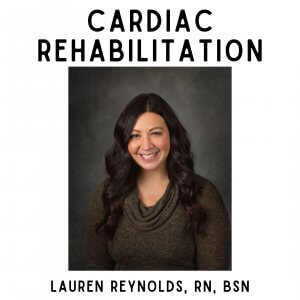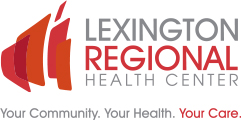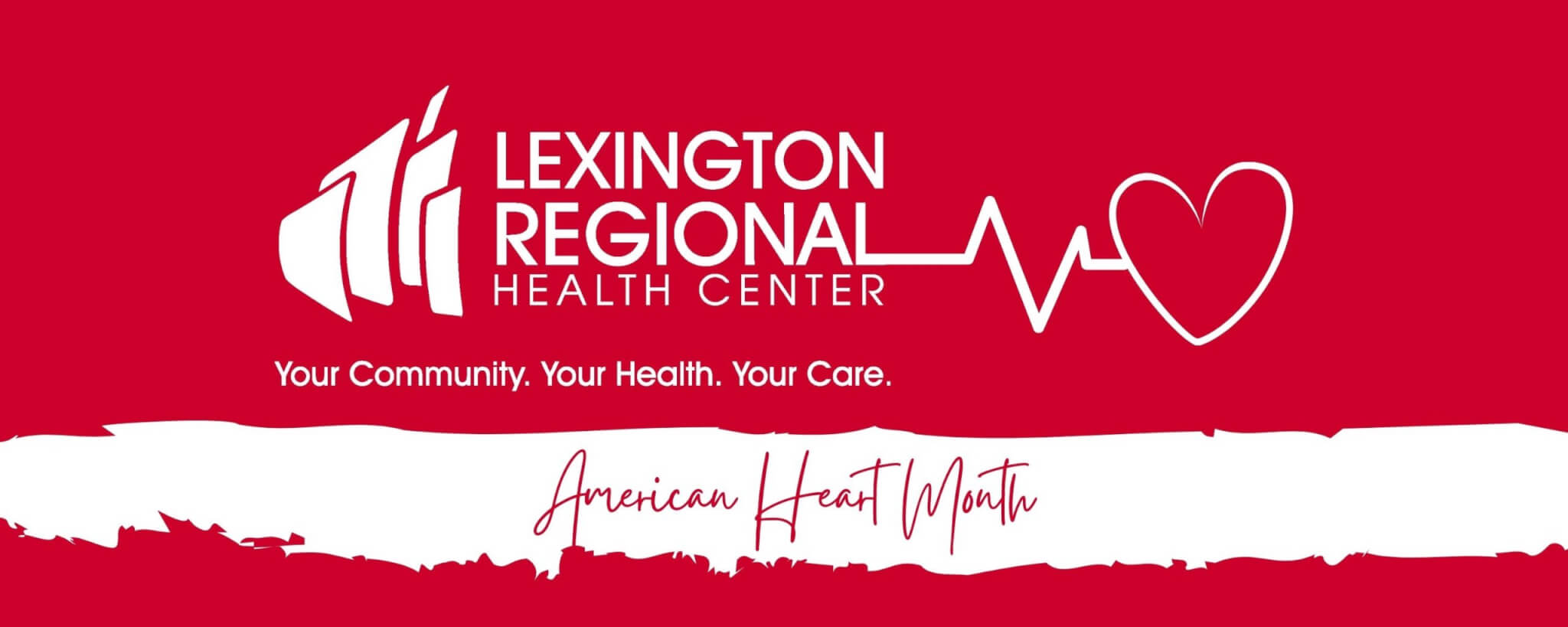As we flip the calendar to February the only thing that might be on our mind is Valentine’s Day! We want those we care about to know that we are thinking of them by giving a card, gift, or maybe a special dinner out. What if this year we all would turn our idea of giving ourselves as a gift to those we care about? What if we all start doing the things we can do, making the changes we can make, to be more vibrant and be here longer in the lives of those we cherish.
The United States has started the Million Hearts initiative and the goal is to prevent 1 million heart attacks and strokes over the next five years. For every three deaths that happen daily, one is from heart disease or stroke. That figures out to around 2200 each day! As bad as this sounds, there is good news in that we CAN do something to change this.
The first thing on our new “to-do list” is to find out the important numbers: cholesterol, blood sugar, blood pressure. This will be an easy thing to check off as Lexington Regional Health Center offers wellness screenings twice a month. One can schedule their wellness screening by calling the LRHC Lab at (308) 324-8592. These results are best when shared with your primary care provider to start the discussion on your health. If someone’s blood pressure, cholesterol or blood sugar is too high, talk about how to get them under control. Control is important, but prevention is best! LRHC’s Family Medicine Specialists Clinic has 15 providers including doctors, nurse practitioners and physician assistants that are here to help! Family Medicine Specialists Clinic is open daily with evening hours to meet your busy schedule, to schedule an appointment please call (308) 324-8308.
Another important thing to know is symptoms that people experience when they may be having heart problems or an actual heart attack. These symptoms include:
1. Any type of discomfort (most people describe the discomfort as pressure, heaviness, squeezing, tightness, burning or a true pain) in the chest, jaw, upper back, or one or both arms
2. Shortness of breath
3. Rapid pounding heartbeat
4. Breaking out in a cold sweat
5. Nausea and possibly vomiting
6. Being unusually tired or weak.
Many times, people feel fine sitting around, but then some of these symptoms start when they are doing some type of activity. If you notice you are having some of these symptoms and that you feel better once you sit and rest for a bit, that is great but now is the time to get to your care provider and get checked before it gets worse. These symptoms are called “angina” and they are the warning signs before a heart attack can happen. Heart attack symptoms are the same as the ones listed above except, they do NOT go away with rest. If you or to you is experiencing these symptoms and they are not relieved by sitting down, call 9-1-1.
Lexington Regional Health Center is proud to offer not one but three cardiology specialists that visit Lexington each month. The cardiac services department at offers a full spectrum of specialty services for adult patients with heart conditions. We provide nuclear studies, echo-cardiograms, Doppler studies, stress tests, EKG’s, cardiology clinics, and cardiac rehabilitation. Our cardiology specialists see patients weekly to make cardiology diagnosing convenient, accessible, and close to home. Whether you are taking proactive measures or needing advanced cardiology care, our skilled cardiologists are able to help.
 For those who have already had a cardiac related event, LRHC offers cardiac rehabilitation to get you back to doing what you love! Cardiac rehabilitation is an outpatient program offered to help people recover from a heart attack, stent placement, bypass surgery, heart failure, heart transplant, peripheral artery disease (PAD), or valve repair/replacement. According to the American Heart Association, participating in cardiac rehab is one of the best things you can do for your heart health after a diagnosis of heart attack or a heart failure, or after a procedure such as angioplasty or heart surgery.
For those who have already had a cardiac related event, LRHC offers cardiac rehabilitation to get you back to doing what you love! Cardiac rehabilitation is an outpatient program offered to help people recover from a heart attack, stent placement, bypass surgery, heart failure, heart transplant, peripheral artery disease (PAD), or valve repair/replacement. According to the American Heart Association, participating in cardiac rehab is one of the best things you can do for your heart health after a diagnosis of heart attack or a heart failure, or after a procedure such as angioplasty or heart surgery.
The cardiac rehabilitation program includes exercise and education. Exercise is monitored and is structured to each participant’s condition and ability. Education is based on the patient’s needs and includes information on making healthy lifestyle changes. The goal of cardiac rehabilitation is to improve your overall health and fitness, reduce your risk of future heart problems, and allow you to return to your activities. For more information contact the cardiac rehabilitation department at (308) 324-8315.
 So, as we turn the calendar to February, think about the little steps you can do that add up to big differences in your life and for those you care about. You may be here longer, feel better, and be happier. Oh, and don’t forget to buy that Valentine’s Day card. If you have any questions about Lexington Regional Health Center’s cardiac services, please visit lexingtonregional.org/cardiology.
So, as we turn the calendar to February, think about the little steps you can do that add up to big differences in your life and for those you care about. You may be here longer, feel better, and be happier. Oh, and don’t forget to buy that Valentine’s Day card. If you have any questions about Lexington Regional Health Center’s cardiac services, please visit lexingtonregional.org/cardiology.







